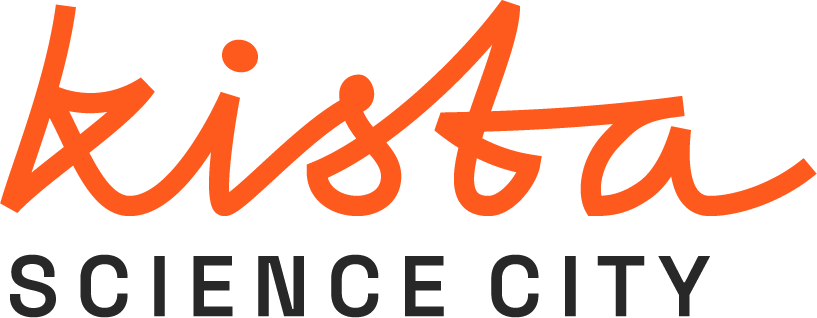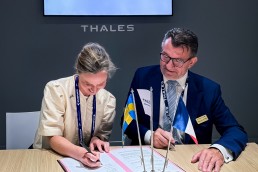The new semiconductor landscape
As digitalization accelerates, semiconductors become ever more crucial. This article explores the expanding microchip industry in Europe, Sweden’s central role in this growth, and how Kista-based institutions are driving advancements in this dynamic field.
Semiconductors are the technological cornerstone of modern society. These micro components power everything from mobile phones and vehicles to IoT and defense technologies. They are also vital for advancing energy-efficient systems that support the global shift towards a sustainable future. As digital demands grow, so does the need for these electronic building blocks.
Europe’s challenges and Sweden’s response
Recognizing the need for growth, the European Union is now taking decisive steps to strengthen its semiconductor industries. Accounting for just 10% of the global microchip market, the recently initiated European Chips Act is set to boost Europe’s production and enhance technological competitiveness and resilience in the sector.
Within this ambitious framework, Sweden is emerging as a key contributor. Aligned with the European goals, the country’s national strategy aims not only to revitalize its own semiconductor production but also to effectively contribute to Europe’s technological independence. In the midst of this national and international push in microchip technology stands Kista Science City.
Mikael Östling, professor at KTH Royal Institute of Technology, highlights the importance of these efforts:
– The initiative creates a need to educate thousands of engineers and retrain already working professionals. KTH is well-equipped for this, with a strong tradition of research and education in the semiconductor field. However, success also requires collaboration between universities and new startups. With its strong innovation environment, lab infrastructure, and companies in the semiconductor field, Kista has an opportunity to take a strong position in this development.
Local innovation and global impact
Kista’s mix of established companies, agile startups, and academic institutions fosters an environment where semiconductor research and development thrive. The area is home to several key players driving advancements in this field, and at the forefront of these tech ventures are KTH Royal Institute of Technology and the Electrum laboratory. The individual as well as collaborative efforts of these institutions significantly contribute to the microchip evolution, in KIsta as well as on the global stage.
KTH Royal Institute of Technology
KTH is a dynamic and multifaceted force in semiconductor research. With a broad spectrum of activities, spanning both theoretical and applied aspects, they range from developing new semiconductor materials and technologies to enhancing the efficiency and performance of existing ones. These advancements are not limited to technical aspects but also include exploring sustainable practices in semiconductor manufacturing, aligning with Sweden’s commitment to sustainable practices and, not least, UN’s Sustainable Development goals.
The Electrum laboratory
Electrum is a world-renowned laboratory with state-of-the-art facilities that serves as a center for international semiconductor research and innovation. Here, industry professionals and researchers within areas like micro and nanofabrication are provided with the resources to experiment with and refine semiconductor technologies. Electrum’s dedicated efforts ensure that the semiconductors produced meet the highest standards of performance while also being sustainable and cost-effective.
The fusion of research and innovation
The collaboration between KTH and Electrum Lab exemplifies a crucial bridge between academic research and industrial application. This partnership stands as a successful model of academia-industry collaboration, blending KTH’s theoretical insights and Electrum’s practical applications. Together, they not only facilitate the transfer of knowledge from the lab to the market but also ensure that innovations in semiconductor technology are both pioneering and relevant to current industry needs.
Looking ahead
It is the synergy of academic expertise and industrial pragmatism that positions Kista as a leader in the semiconductor field. Institutions like KTH and the Electrum laboratory are not just contributing to the local tech ecosystem; they are playing a vital role in elevating Europe’s position in the global semiconductor industry. Their efforts underline the importance of strategic partnerships and a collaborative approach in driving technological progress.
As Kista continues to be a hotbed for semiconductor research and innovation, it establishes its place as a key player in shaping the future of technology both in Sweden and across Europe.
Related Articles
July 3, 2025
Thales and Kista Science City launch Nordic cybersecurity partnership
A new national initiative designed to boost Sweden’s semiconductor sector…
June 30, 2025
Opening doors for Swedish tech: Lessons from Access UK
The boundaries of conflict are shifting. Today, national security isn’t just…
June 9, 2025
Kista companies invest early in future tech talent
The boundaries of conflict are shifting. Today, national security isn’t just…




